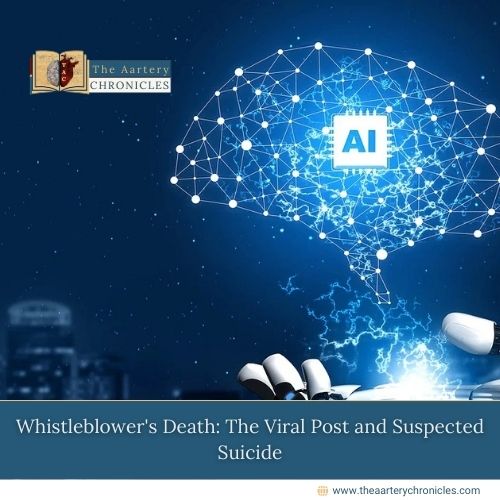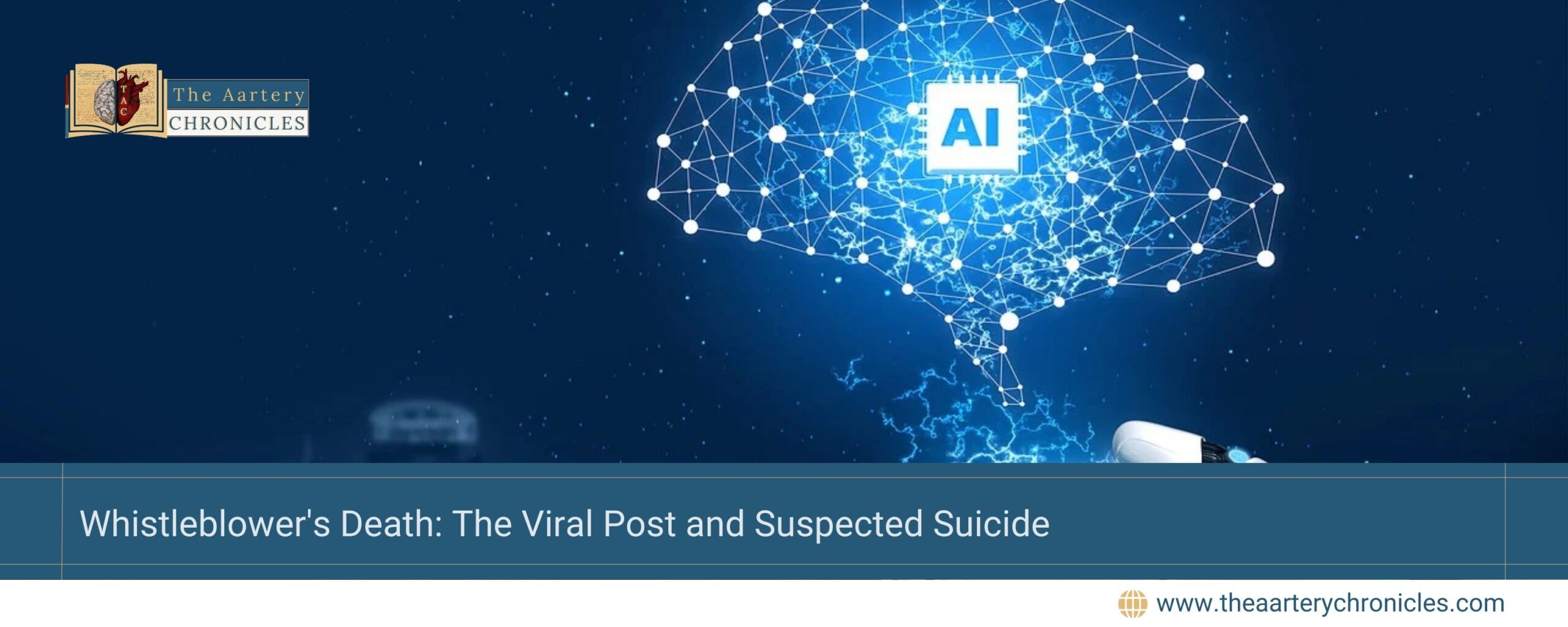

Whistleblower's Death: The Viral Post and Suspected Suicide
26-year-old Suchir Balaji, a former researcher at OpenAI, has sparked widespread attention. Balaji was found dead in his San Francisco apartment on November 26, with authorities ruling his death as a suicide.
Following the news, a social media post by Balaji discussing OpenAI’s legal battles over “fair use” has gone viral. In his post, he questioned the company’s argument of “fair use” in response to lawsuits from media organizations, calling it “implausible.”
Background on Balaji and His Role at OpenAI
Balaji worked at OpenAI for nearly four years, spending the last 18 months focusing on ChatGPT. He left the company in August 2024. His interest in copyright law and fair use arose from the increasing number of lawsuits filed against generative AI companies like OpenAI.
He admitted that when he first encountered the topic, he knew little about copyright laws. However, his curiosity led him to research extensively, resulting in a strong belief that “fair use” might not hold up as a legal defence for many generative AI products.
Key Points from His Viral Post
In an October social media post, Balaji explained why he believed generative AI’s reliance on fair use was flawed:
- Fair Use Concerns:
- Generative AI products, he argued, could create content that competes directly with the data they were trained on, potentially harming the original creators.
- Public Understanding of Copyright Laws:
- Balaji stressed that understanding copyright and fair use shouldn’t be limited to lawyers. He encouraged the public to learn why these laws exist and how they work.
- Clarification About OpenAI:
- While raising concerns about fair use, Balaji clarified that his critique wasn’t aimed specifically at ChatGPT or OpenAI. Instead, he described it as a broader issue affecting the entire generative AI industry.
Why His Words Resonate
Balaji’s post has struck a chord due to its clarity and relevance in the ongoing debate about generative AI and copyright. His insights provide a deeper understanding of the challenges faced by companies like OpenAI in balancing innovation with ethical and legal considerations.
Impact of the Viral Post
The post has reignited discussions around AI ethics and copyright law. Balaji’s untimely death adds a poignant layer to the narrative, with many praising his courage in sharing his thoughts on a controversial issue.
His words serve as a reminder of the complexities surrounding generative AI and the need for a fair legal framework that protects both innovation and creators’ rights.
Source: Inputs from various media Sources
I’m a pharmacist with a strong background in health sciences. I hold a BSc from Delhi University and a pharmacy degree from PDM University. I write articles and daily health news while interviewing doctors to bring you the latest insights. In my free time, you’ll find me at the gym or lost in a sci-fi novel.









